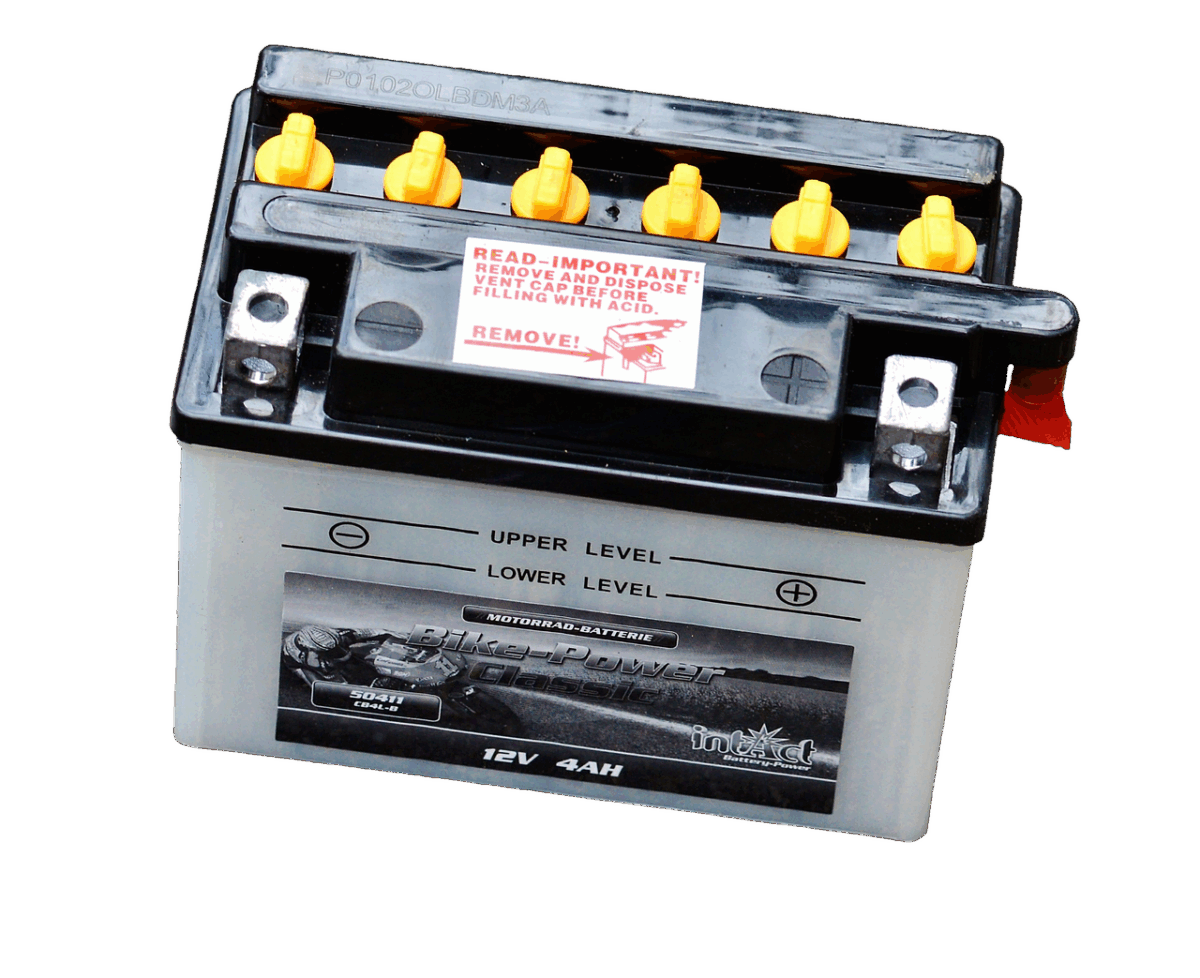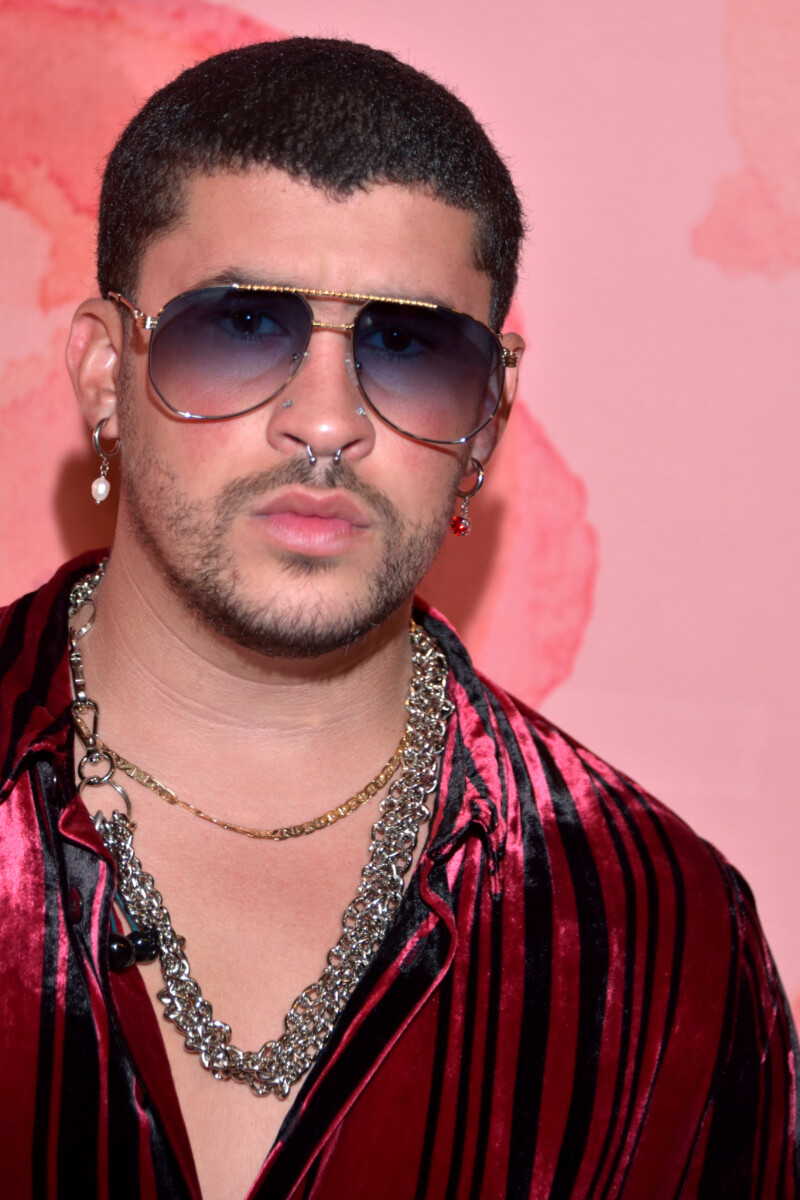
A Game-Changing Funding Round Lights the Way (Image Credits: Pixabay)
In the sun-baked expanse of Nevada’s high desert, where innovation hums amid vast open skies, a battery recycling pioneer just secured fresh capital to tackle one of tech’s biggest challenges.
A Game-Changing Funding Round Lights the Way
Imagine turning yesterday’s electric vehicle batteries into tomorrow’s grid-saving heroes. That’s exactly what Redwood Materials aims to do with its latest $350 million infusion. This Series E round pushes the company’s total funding past $2.2 billion, signaling massive investor confidence in its vision.
Founded by JB Straubel, the ex-Tesla CTO known for pushing battery boundaries, Redwood started with recycling but now eyes energy storage as its next frontier. The money arrives at a perfect time, as electricity demands skyrocket from AI and data centers. It’s not just cash; it’s fuel for a cleaner, more reliable power future.
Valued at around $6 billion post-round, Redwood stands taller than ever. Sources close to the deal highlight how this capital will bridge gaps in America’s battery supply chain, reducing reliance on imports.
Eclipse Leads, Nvidia Accelerates the Momentum
Venture firm Eclipse took the lead in this oversubscribed round, betting big on Redwood’s dual focus: producing critical materials like cobalt, nickel, and lithium while building out energy storage systems. Their involvement underscores a shift toward sustainable tech investments.
Adding star power, Nvidia’s venture arm, NVentures, jumped in as a strategic backer. Nvidia, a leader in AI chips, sees the power crunch firsthand. Data centers guzzling energy need solutions like Redwood’s repurposed batteries to stay online without blackouts.
This partnership feels like a natural fit. Nvidia’s growth fuels the demand, and Redwood’s tech provides the supply. Together, they could redefine how AI scales without straining the grid.
Recycling Roots Evolve into Energy Storage Innovation
Redwood kicked off in 2017 with a clear mission: create a circular battery economy. By recycling scrap and producing cathodes, they’ve already built a robust operation in Nevada. Now, they’re layering on energy storage, using second-life EV packs for grid-scale projects.
Launched just months ago in June, this new business line targets AI data centers first. Picture massive battery arrays stabilizing power during peak times, all from reused components. It’s efficient, cost-effective, and cuts down on waste.
- Over 1 GWh of reusable batteries already in the pipeline.
- Plans to hit 5 GWh within the next year.
- Designing projects over 100 MW, dwarfing current deployments.
AI Boom Demands Smarter Power Solutions
The AI revolution isn’t slowing down, but neither is the strain on electricity infrastructure. Traditional grids can’t expand fast enough, leaving data centers vulnerable. Redwood’s approach repurposes batteries to store and dispatch energy on demand, smoothing out those spikes.
Take their recent 12 MW microgrid in Nevada, the world’s largest second-life battery setup. It powers operations reliably, proving the tech works at scale. With AI’s energy needs projected to rival small countries, innovations like this become essential.
Redwood emphasizes U.S.-made systems, blending materials expertise with software smarts. This reduces dependence on overseas LFP batteries and bolsters national security in clean energy.
Expansion Plans: Hiring and Building Ahead
The fresh funds will supercharge Redwood’s operations. Expect growth in refining capacity, materials production, and energy storage deployments. They’re aiming for 20 GWh of storage by 2028, a leap that could power millions of homes or countless servers.
Hiring ramps up too, with spots for engineers and operations pros. Straubel’s team, already handling enough materials for a million EVs annually by 2025, needs more hands to hit these goals. It’s a jobs boost in a key tech corridor.
| Focus Area | Investment Goal |
|---|---|
| Materials Production | Scale to 100 GWh by 2025 |
| Energy Storage | 20 GWh deployments by 2028 |
| Hiring | Engineers and ops specialists |
Why This Raise Could Reshape Clean Energy
Redwood’s move highlights a broader trend: batteries aren’t just for cars anymore. They’re key to unlocking AI’s potential while keeping the planet in mind. By recycling and reusing, the company cuts emissions and costs, making green tech more accessible.
Challenges remain, like scaling production without hiccups. Yet, with backers like Nvidia, Redwood seems poised to lead. This isn’t just business; it’s a step toward energy independence.
Key Takeaways
- $350M Series E values Redwood at $6B, led by Eclipse and Nvidia.
- Focus on energy storage for AI data centers using recycled batteries.
- Expansion targets 20 GWh by 2028, plus major hiring push.
As AI transforms industries, Redwood’s bet on battery-powered storage offers a smart path forward. It promises reliability without the environmental toll. What role do you see recycled tech playing in powering tomorrow’s innovations? Share your thoughts in the comments.







